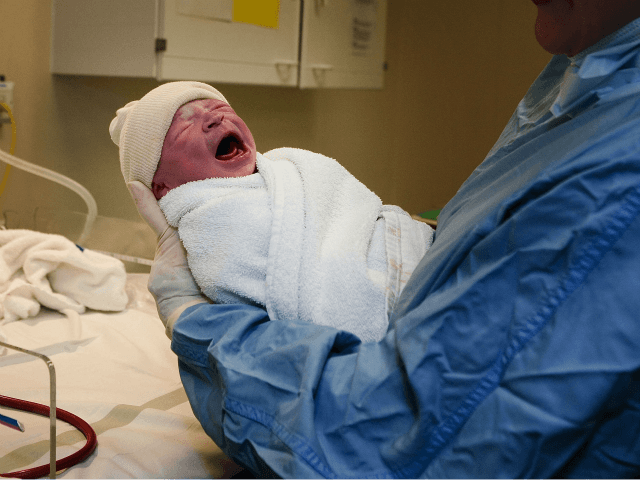Most babies in the UK will be born to couples who met online rather than in person by 2037, a study suggests.
Research conducted by Imperial College Business School and dating website eharmony found that 2035 will be the tipping point year where more partners will be meeting each other online than offline, reports Sky News.
The Future of Dating report is based on the Office for National Statistics’ birth rate projections and eharmony data. It estimates that by 2030, four in ten births will be of “e-babies” with that figure being more than 50 per cent by 2037.
Already nearly one-third (32 per cent) of relationships formed between 2015 and 2019 started online compared to 19 per cent between 2005 and 2014.
The study found that since 2015, the second-most common place for couples to meet was at work (23 per cent), followed by meeting through a mutual friend (12 per cent), and seven per cent met through social media.
The significance of meeting at Britain’s traditional social centre, the pub, is on the decline. In the 1970s and early 80s, 22 per cent of married couples met at the pub and today that proportion is just seven per cent.
Dr Paolo Taticchi from Imperial College said: “The digital world has streamlined the online dating process — making it easier to find someone while ensuring that they match your criteria.
“2035 will be an instrumental year for finding love and begin a new era of 21st-century dating.”
Researchers also found that 47 per cent of Britons said online dating makes it easier for introverts to find love.
Fertility Falls in EU, Not ONE Country Hits Population Replacement Level https://t.co/C0ASzuOBms
— Breitbart London (@BreitbartLondon) March 14, 2019
People are spending more time online, with an ONS study from December 2017 revealing that under-25s are spending one-third of their leisure time online and less time being physically active.
Despite young people being more connected online, more are expressing feelings of disconnection than older generations. A January study by the Young Women’s Trust found that 25 per cent of 18- 30-year-olds say they feel lonely, compared to just one in ten senior citizens. That figure rises to one-in-three for women aged 18 to 24. The charity believed that a reason for this could be a lack of close relationships, with one in five saying they feel as if there is no one to turn to.
A sense of meaning in young people’s lives is also incredibly low, with a survey conducted by Japanese company Yakult finding that 89 per cent of 16- to 29-year-olds say their lives have no purpose.

COMMENTS
Please let us know if you're having issues with commenting.